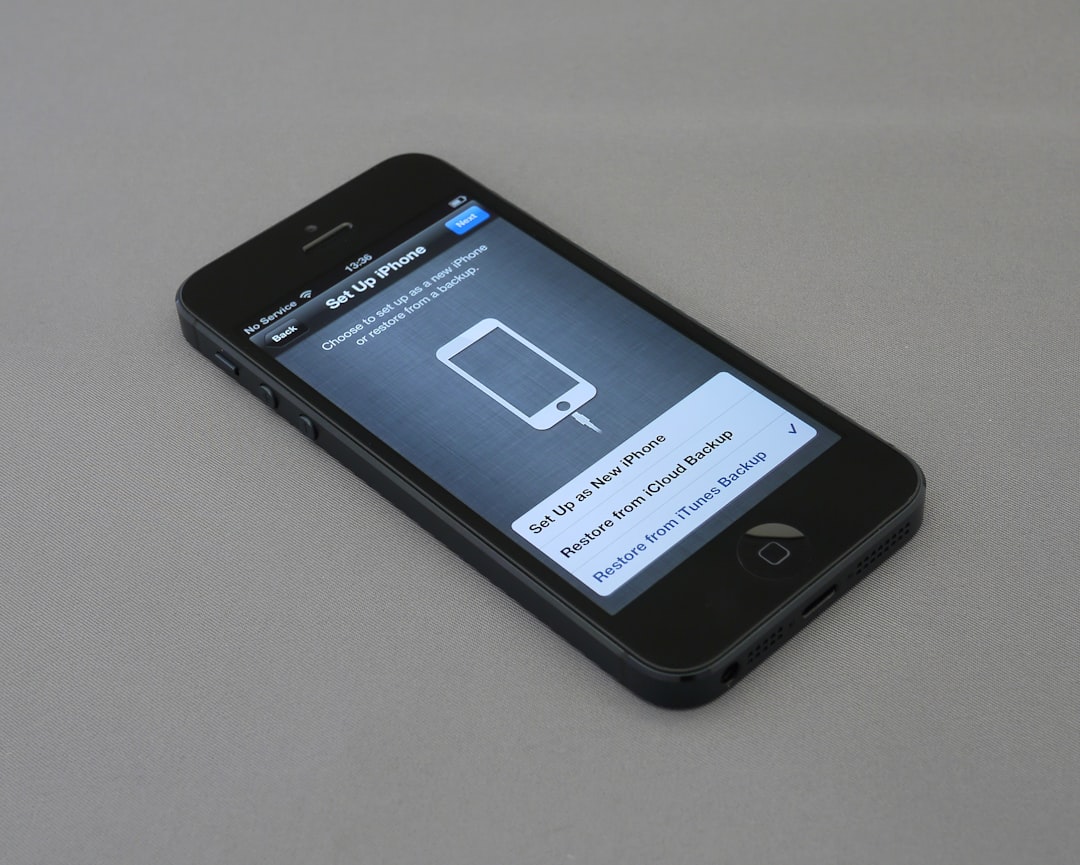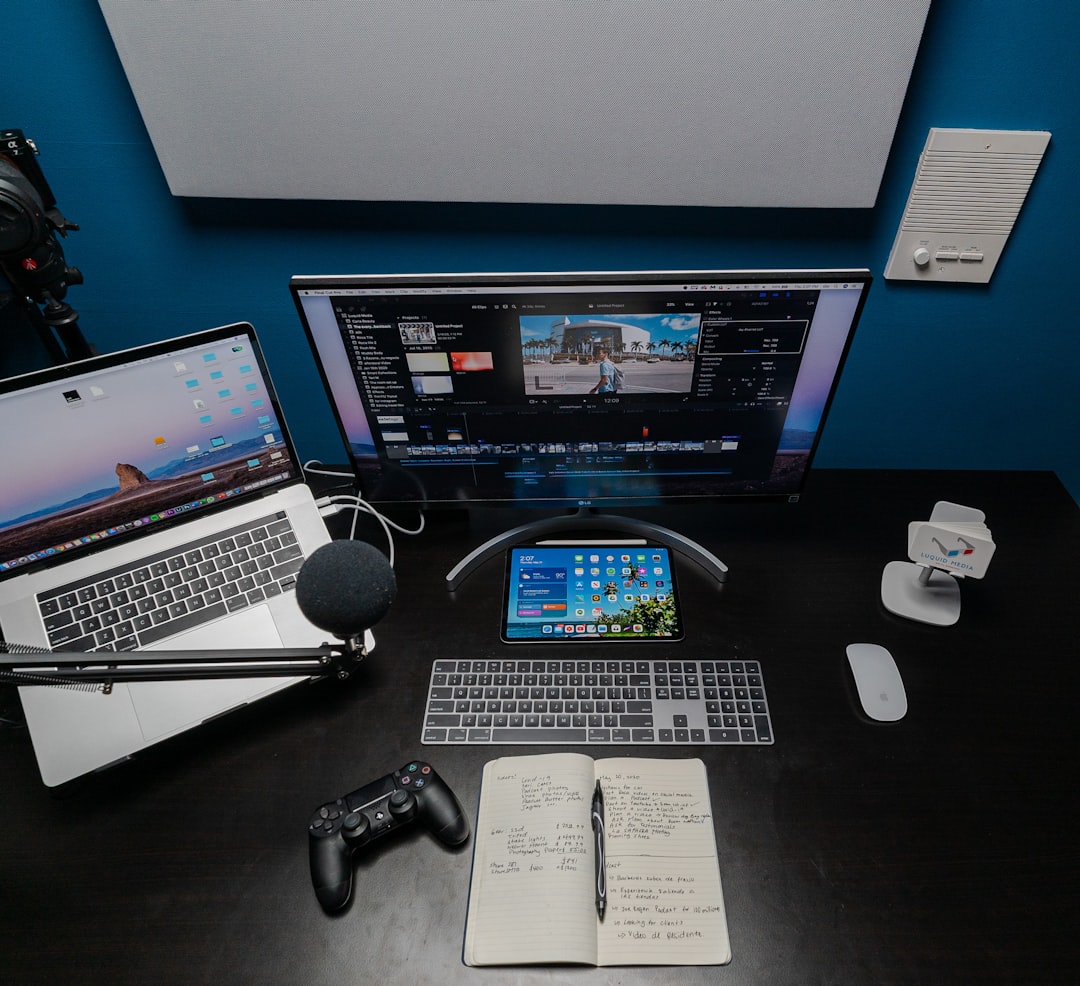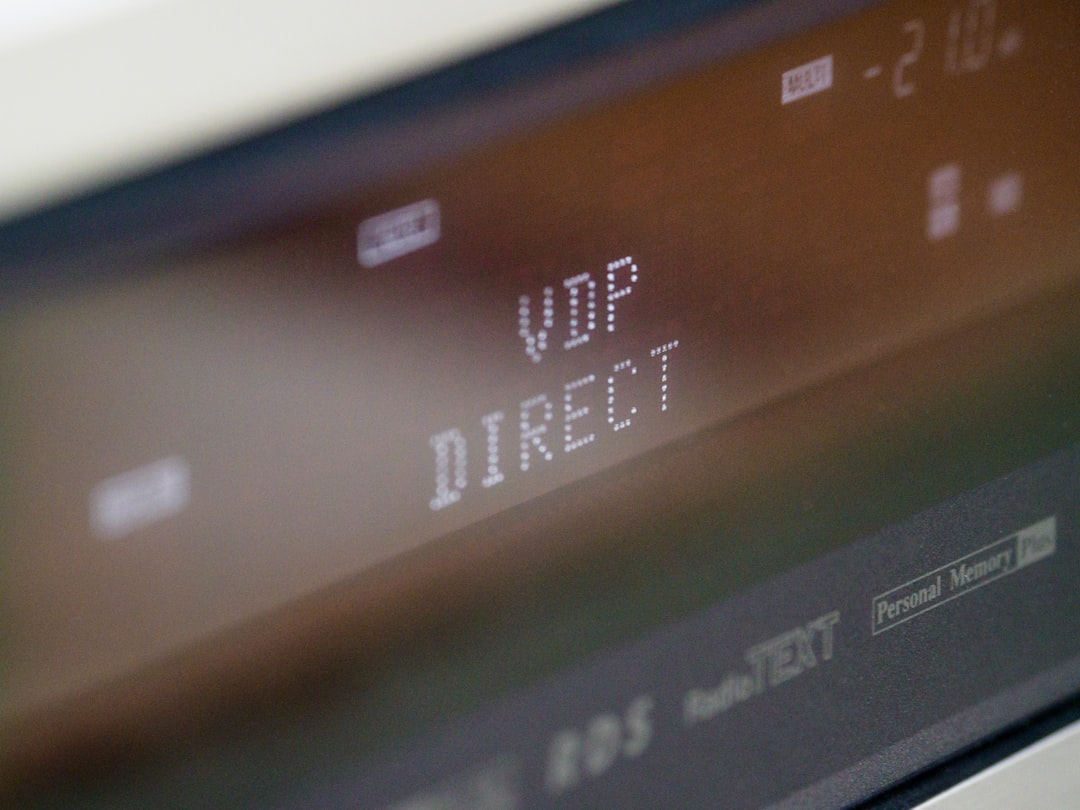Using a VPN is like wearing an invisibility cloak online. It hides your browsing and keeps you safe. But even invisibility cloaks need some care! If you’re using a VPN and want to stay ultra-secure, there are simple tricks to do just that.
1. Choose a Trustworthy VPN
This is step one. Think of your VPN as your bodyguard. You don’t want just anyone protecting you.
Pick a VPN with:
- A no-logs policy
- Good reviews from tech sites
- Strong encryption (like AES-256)
- Located in privacy-friendly countries
Free VPNs can be risky. They might sell your data or show you ads. So, sometimes it’s worth paying a little.

2. Turn On the Kill Switch
A kill switch sounds cool — and it is!
It’s a feature that cuts your internet if the VPN drops. This stops your real IP from sneaking out.
Most good VPNs have it. Just go into your VPN settings and switch it on.
3. Use Multi-Factor Authentication (MFA)
The more locks, the better. MFA is like having 2 or 3 locks on your door.
Even if someone steals your password, they still need your phone or fingerprint.
Enable MFA on your VPN account if it’s available. It adds serious extra protection.
4. Pick the Right VPN Protocol
VPN protocols are like different tunnels. Some are faster, some are safer.
Here are your top picks:
- WireGuard: Fast and secure
- OpenVPN: Very secure and reliable
- L2TP/IPSec: Older but still decent
Avoid outdated ones like PPTP. It’s like locking your door with tape.
5. Update, Update, Update!
Hackers love old software. Keep your VPN app updated. That way, you get all the latest security patches.
Set it to auto-update if you can. Fresh is smart!

6. Don’t Use Public Wi-Fi Without It
Ever used free Wi-Fi at a café or airport? You’re not alone. But they’re full of snoops.
Always connect your VPN before using public hotspots. It shields your data from hackers with coffee cups.
7. Disable IPv6 and DNS Leaks
IPv6 and DNS leaks can show your info even with a VPN on. That’s no good!
Go to your VPN’s settings and turn off IPv6 and enable DNS leak protection. It’s a small step with big safety rewards.
8. Use a Strong Device Password
Even with the best VPN, if someone opens your laptop — game over.
Make sure your device has a good password or PIN. Biometrics (like face ID) work great too.
9. Be Cautious with Browser Extensions
Browser extensions are handy, but some can track you. Be picky!
If your VPN offers its own browser extension, that’s the safest bet.
Also, make sure you’re using secure browsers like Brave or Firefox.
10. Don’t Just VPN and Chill — Stay Vigilant!
Having a VPN doesn’t mean you’re invincible. Always stay alert.
Here are some bonus tips:
- Don’t click on suspicious links
- Keep antivirus software active
- Regularly check for IP and DNS leaks
Your VPN is a powerful tool, but only as strong as your habits.
In summary, VPNs are awesome for privacy — but they need your help to be super-secure. Choose a solid provider, lock it down with smart settings, and keep everything up to date. Stay safe out there!
